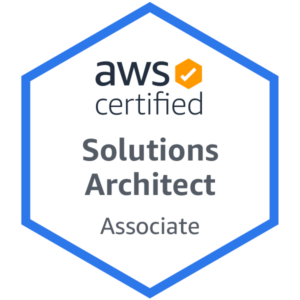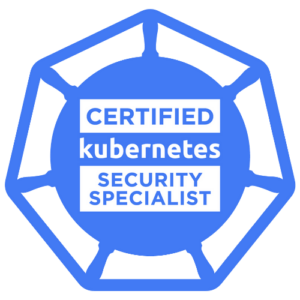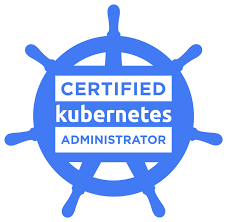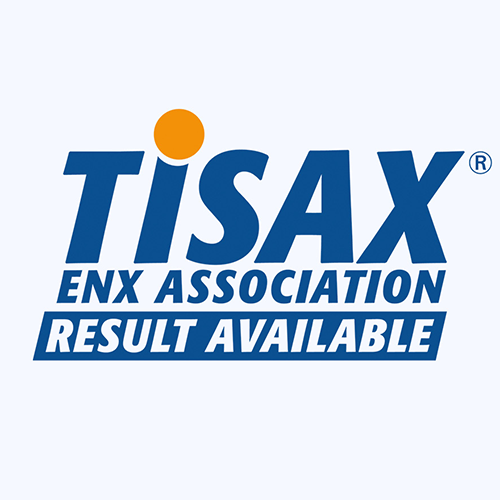Kubernetes Administration Training
This course covers the core concepts typically used to create and manage a Kubernetes cluster in a productive environment.
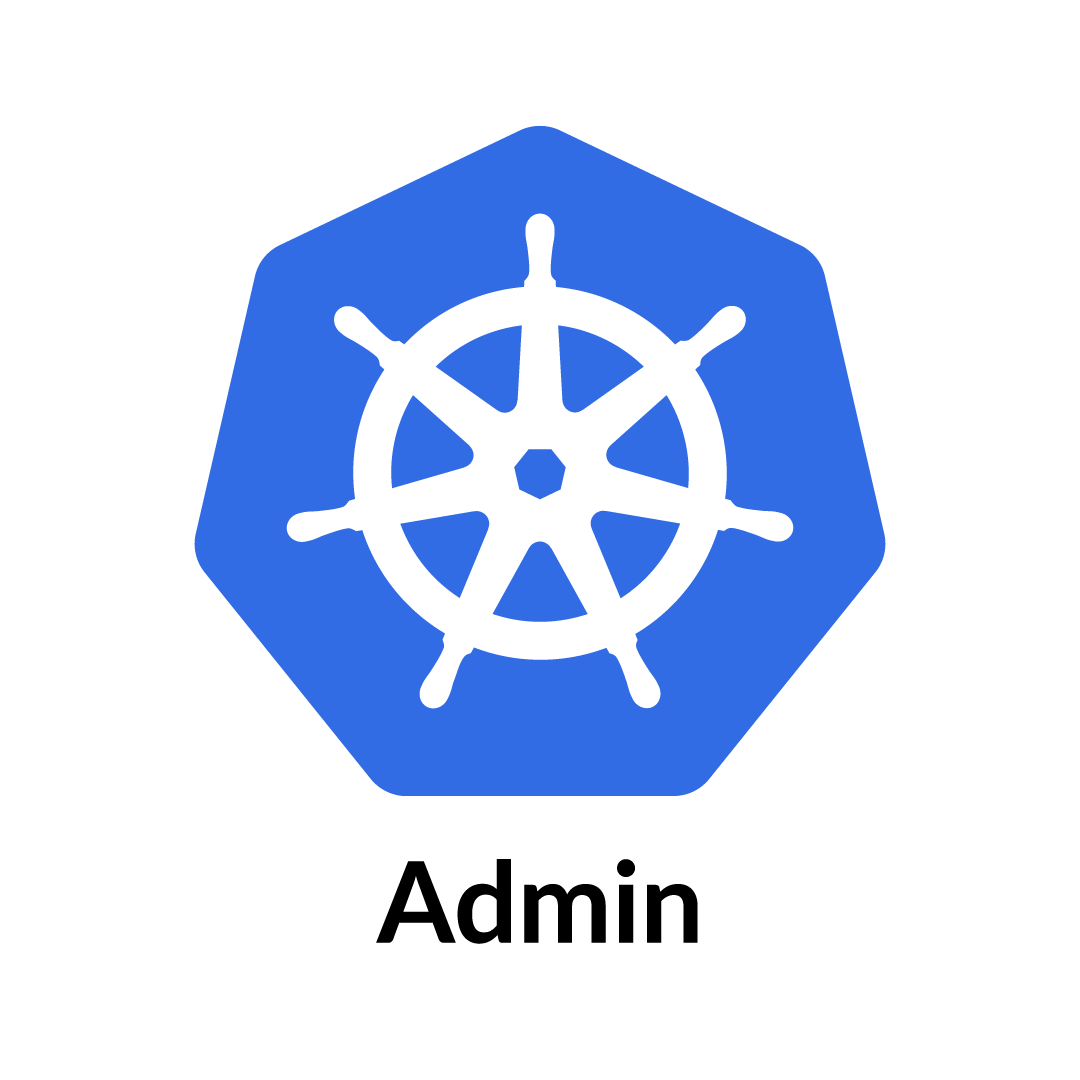
At a glance
General information
4 days
– Remote Training
Target group
IT Engineers with Linux knowledge
Application examples
Exam preparation for Certified Kubernetes Administrator
Description
This course covers the core concepts typically used to create and manage a Kubernetes cluster in a productive environment. In this course, we will create a cluster, define the network configuration, expand the cluster, add applications and configure the storage, security and other objects required for typical operations.
This course does not focus on tools from a specific provider. Instead, we will use kubeadm to set up clusters and use tools which will work with any Kubernetes cluster. This course will equip you with the skills you need to manage Kubernetes in a productive environment. This also makes it outstanding preparation for the Certified Kubernetes Administrator (CKA) exam.
Note:
- The course fee includes Training materials.
Agenda
In this course, you will learn how to install and configure a productive Kubernetes cluster – from configuring the network to performing upgrades right through to deployment. It also covers the administrative tasks required for Kubernetes administration:
- Installation and expansion of a Kubernetes cluster containing multiple nodes using kubeadm
- Selecting and implementing a cluster network
- Various methods of application lifecycle management, including scaling, updates and rollbacks
- Configuration of security settings for both clusters and containers
- Managing available storage for containers
- Monitoring, logging and error resolution for containers and clusters
- Configuring scheduling and affinity for container deployments
- Using Helm and Charts to automate deployment
- Error tolerance and higher availability
Typical questions we answer:
- How can I manage (create and update) a Kubernetes cluster using kubeadm?
- What tasks does a container orchestrator like Kubernetes perform and how can I improve my application lifecycle management as a result?
- How do I make the applications in my Kubernetes cluster accessible from outside?
- How can I make configuration files and/or persistent storage available to my containers?
- How can I increase the resilience of my Kubernetes control plane?
- What options do I have for error analysis and monitoring in a Kubernetes cluster?
- signed certificate of completion
- experiences trainers
- small training groups
Upcoming trainings
Why inovex Academy?
Our offerThe inovex Academy has set itself the task of passing on knowledge about methods and technologies that we already use successfully in our projects.
Exchange experiences
In our open training courses, we attach great importance to the exchange of experience among like-minded people. Learn from and with other experts.
Curated content
All training content is carefully selected to achieve the best possible learning effect and to convey as much content as possible.
Individual Assistance
Our trainers come from a practical background and have already tested and successfully applied many of the contents taught in their daily work.
Trainers
Our trainers are field-tested experts in their areas of expertise. Through their work in projects, they expand their knowledge day by day and pass on this know-how in their trainings - application-oriented and practice-oriented.

Maximilian Bischoff

Henning Eggers

Christian Rohmann

Sascha Askani

Philipp Schmitt

Felix Breuer

Dionisio Vendrell Jacinto
Frequently Asked Questions
Do I get a certification through the training?
On what basis was the training content designed?
How can I prepare for the training?
When does the training start?
Will I receive an invitation? When will I receive it?
Supplementary information

Collin Rogowski
Head of inovex Academy



